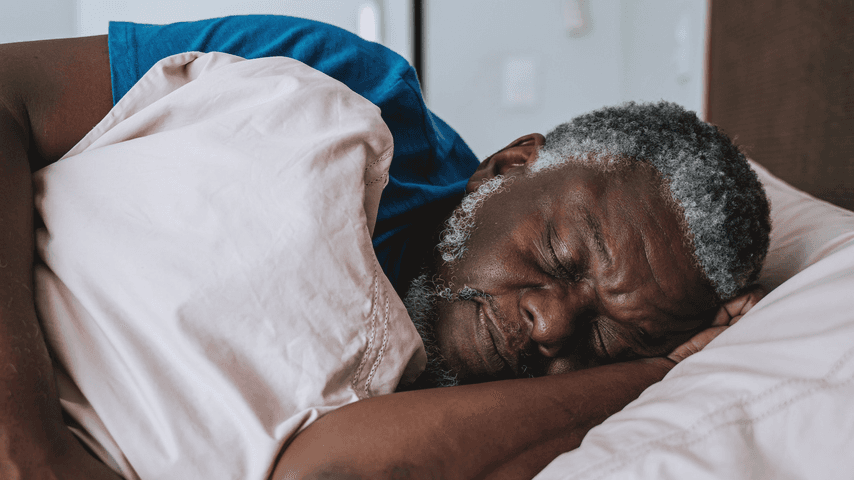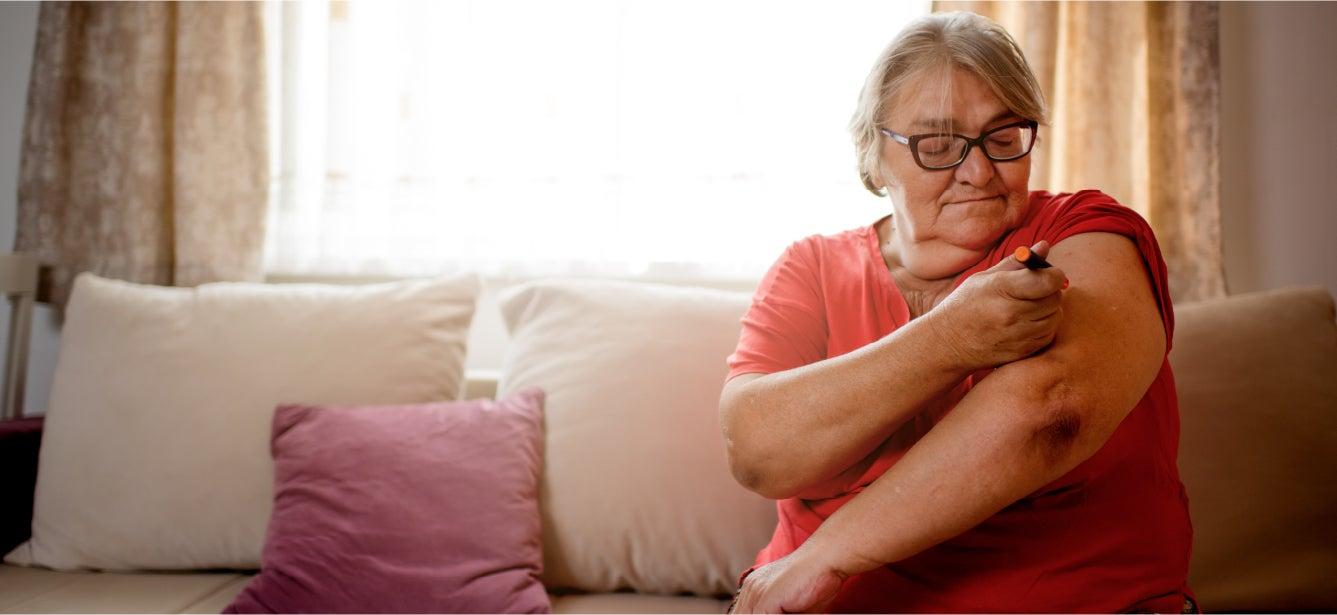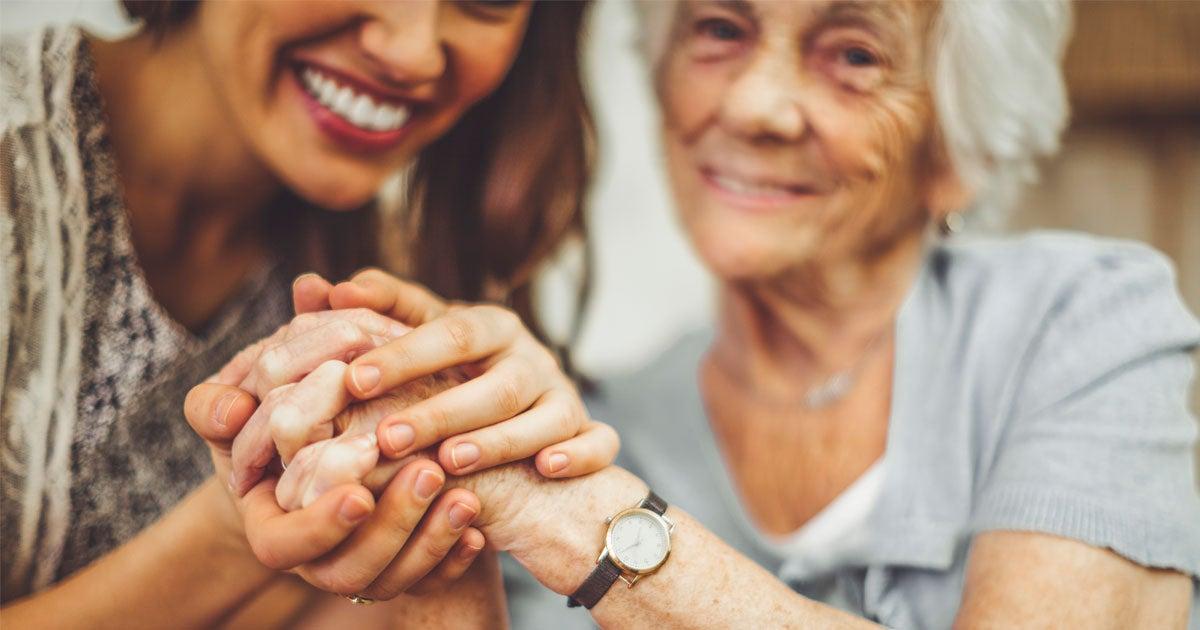
Related Topics
While Alzheimer’s disease is most common among peopled aged 65 and older, its effects are being felt more and more by young people. In fact, one in six millennial caregivers—at an average age of 27—is caring for someone living with Alzheimer’s or another form of dementia, according to a recent report from UsAgainstAlzheimer’s and the USC Roybal Institute on Aging.
Lisette Carbajal was in her 20s when she noticed her father’s symptoms. According to Lisette, “One of the reasons why I’m so vocal about my dad’s disease is because I hope that no one else my age, 20 or 30 years from now, has to take care of their dad beginning at 20 years old.”
With the prevalence of Alzheimer’s disease and other dementias in the U.S. expected to grow from 5 million today to nearly 16 million by 2050, more millennials like Lisette will likely face caregiving responsibilities in the future. The following are key themes connecting these dynamic caregivers.
Navigating the Health Care System is a Priority
Millennials are playing an increasingly larger role in health care as they navigate the system for their care partners. The most common caregiving activities include communicating with health care professionals (70%) and performing nursing tasks (54%)—often without access to specialized training or support. 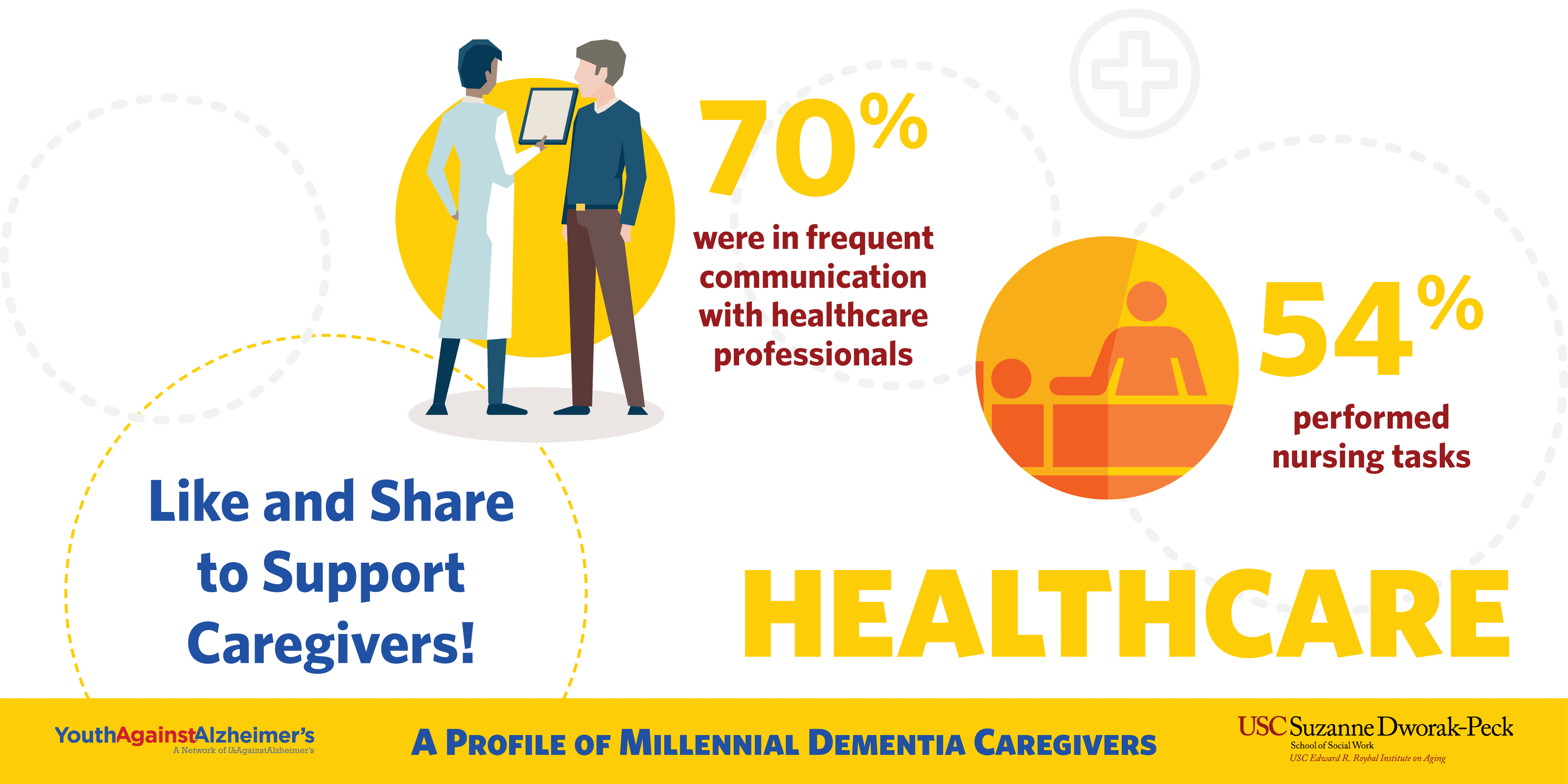
The Lack of Support is a Major Pain Point
Millennial dementia caregivers feel that emotional distress is a major caregiving hardship (79%), and nearly 4 in 5—an overwhelming majority—report that accessing affordable outside help is very difficult. 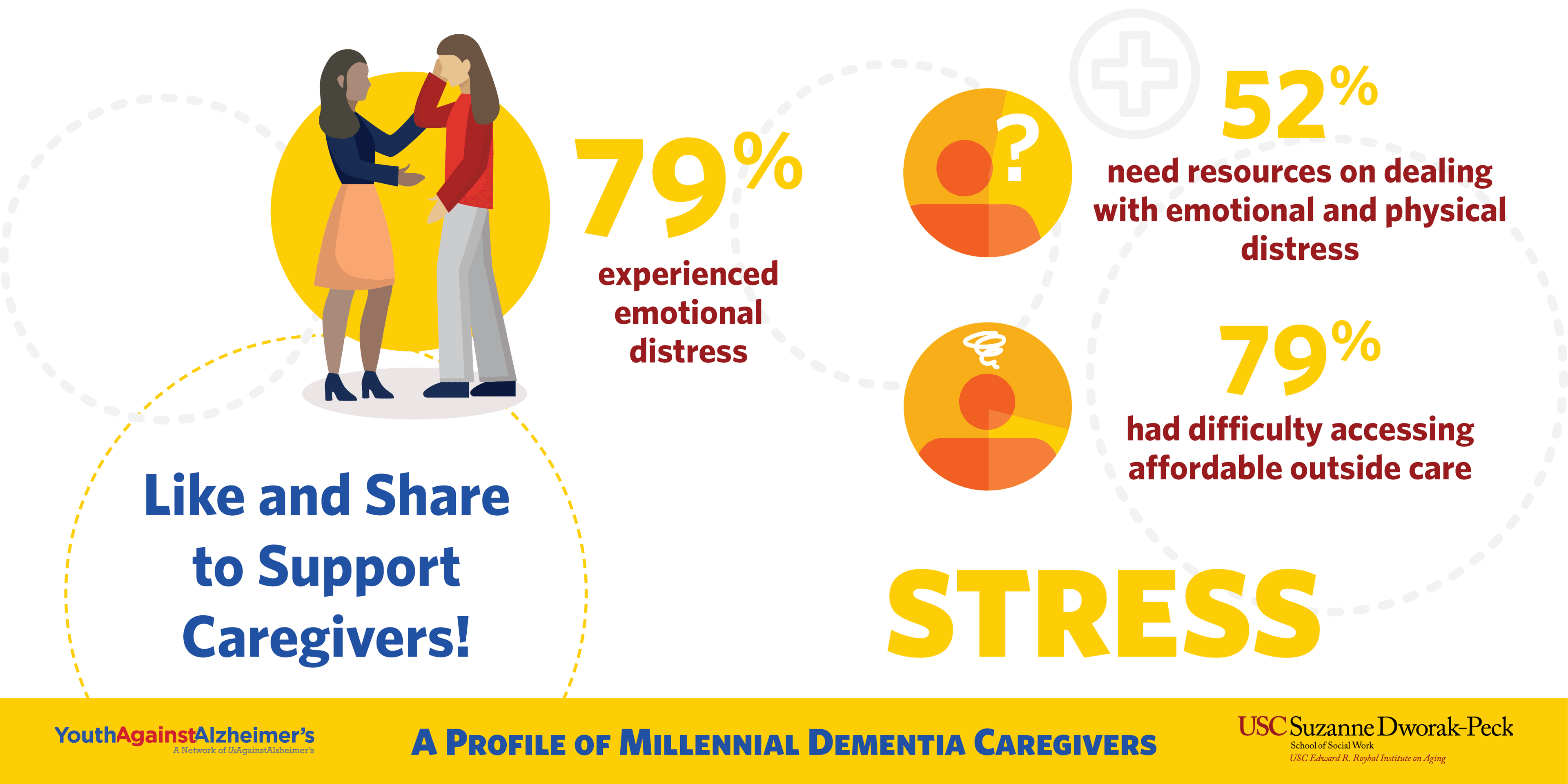
Caregiving is Limiting Economic Opportunity
Caregivers often take time off work or work fewer hours, and for millennials, this means doing so at a time when professional growth is critical to earning potential. About 1 in 3 millennial dementia caregivers states that caregiving interferes with work, and 1 in 3 reports severe interference with work (e.g., cutting back hours, losing job benefits, being fired). This economic burden is an acute pain point for caregivers with only a high school education or less. 
To better support young caregivers at the frontlines of the dementia crisis, UsAgainstAlzheimer’s is working with youth leaders like the Youth Movement Against Alzheimer’s and Hilarity for Charity to build intergenerational bridges, raise the visibility of young caregivers, and advance policy and programming solutions to our shared challenges. It’s clear that young people have a stake in promoting brain health and healthy aging. Learn more and stay connected by joining us.

